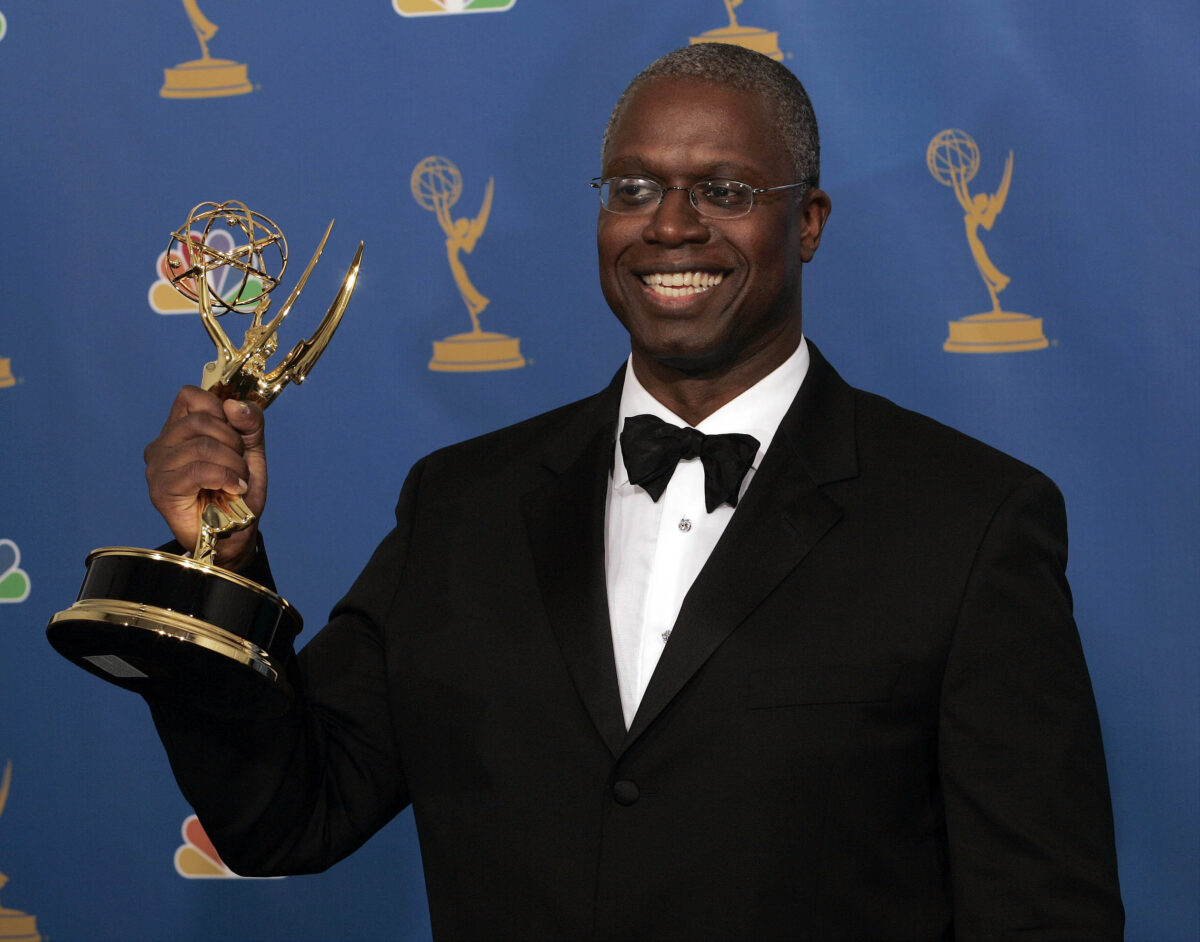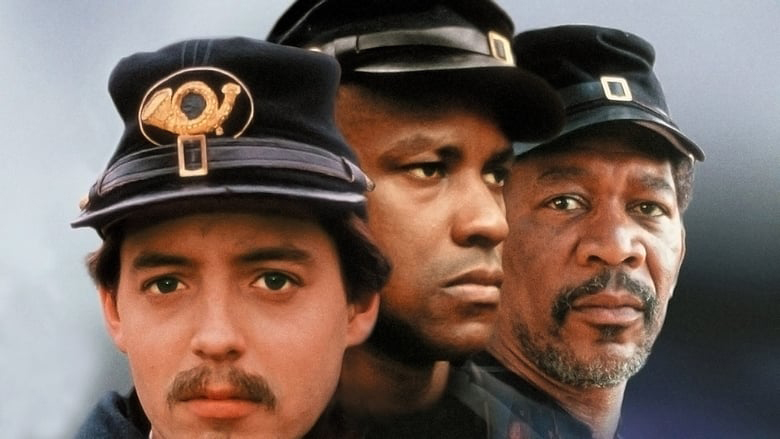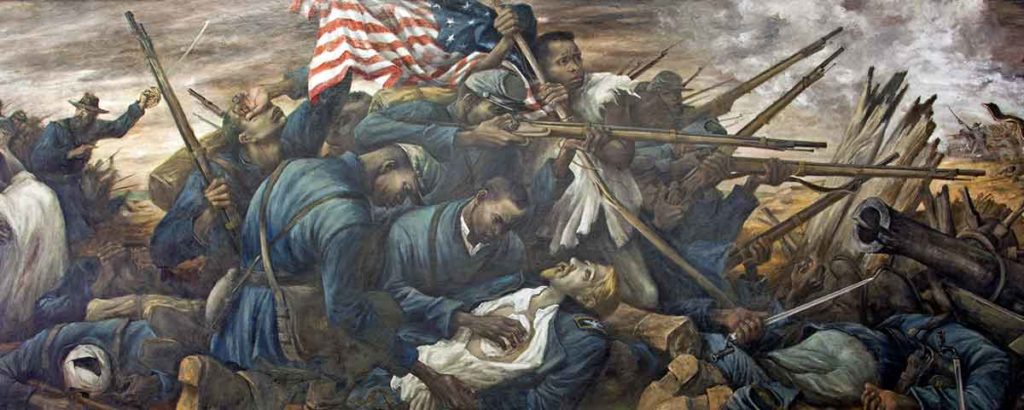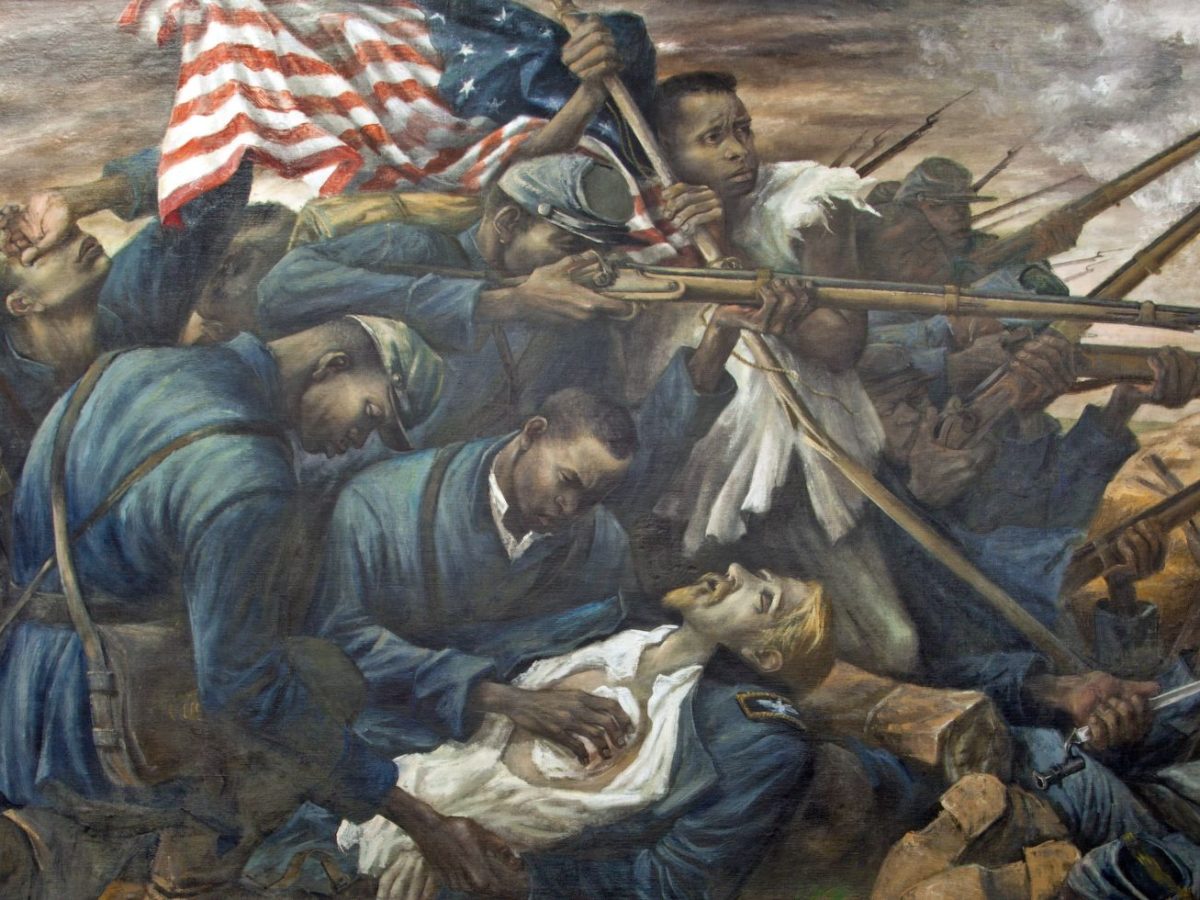Far away from the bustle of Hollywood, Andre Braugher has been keeping a low profile lately living in New Jersey. He remains a busy man, however, currently working alongside Ray Romano and Scott Bakula in a new TNT series titled Men of a Certain Age. The classically trained actor vaulted to fame as Thomas Searles, a second-generation free black living in Boston, in Glory, the 1989 film about the renowned 54th Massachusetts Regiment. He later starred as Detective Frank Pembleton in the NBC drama Homicide: Life on the Street.
In private life, Braugher absorbs himself in history and current events. About once a year, in fact, he and a friend embark on a long bicycle journey, sometimes traveling along historic trails such as the C&O Canal. As the 20th anniversary of Glory approaches, Braugher looks back at how the film influenced his own view of history and on how it changed the public’s perception of African-American participants in the Civil War.
Recommended for you
How did you become involved with Glory?
The casting call went out in the fall of 1988. I was just out of school—I had graduated [from Julliard] that May—and was doing Corialanus down at the public theater. There were several auditions, and finally on my fifth audition they brought back groups of us to play together and had us do the tent scene; they wanted to see how we would all interact together. By that fifth audition, I knew what I wanted to do with my character. We got word right around Christmas to report to Savannah to begin work on the film.
The camp scenes do a good job of re-creating the bond between the unit’s members. How did the actors bring that to life?
I came from a theater background and hadn’t had much experience in film. By the time we got to training camp [in Savannah], I had learned some of the rudiments of the process, and Denzel Washington and Morgan Freeman really put their arms around my shoulders and taught me everything I needed to do—all the basics: eyeline matching, how to hit your mark and so on.
I felt I was prepared to do the tent scenes, which had a kind of intimacy and were of a sufficient length that made them feel like they were part of a play. I also had rehearsed and auditioned them five times already, so I was very familiar with the material, what I thought worked. And Morgan [Sgt. Maj. John Rawlins], Jihmi Kennedy [Private Jupiter Sharts], Denzel Washington [Private Trip]— they are really fine actors, which made my job so much easier.
Did the screen version of the script deviate much from the written script?
There was some deviation, mostly revolving around making it more specific. After training in Savannah, we had boot camp for 2½ weeks with an Irish master sergeant who taught us everything we needed to know about fighting in the Civil War. We had all the garb, the boots, the wool, and we just went out there and tried our best to really get involved with the training necessary to be these soldiers. Consequently, most of the changes in the script were really about specific military stuff.
The script also deviated from history in that we’re playing stock characters, and stock characters are what make war films go. There’s the sharp-shootin’ country boy; the guy with a chip on his shoulder, who rightfully wants to seek revenge; the old wise head; the smarty-pants from the city. The real 54th Regiment was drawn from all over the Northeast, and its men were quite well educated, healthy and successful in what they did in civilian life—meaning you had a very well-fed, well-educated and well-trained regiment, vastly superior to the one we put on the screen.
Many consider this the best Civil War movie ever made. How do you feel when you hear that?
I think we drew on a long history of successful war films. I guess the best war films are antiwar films. No matter how powerfully you put it up there, I think audiences begin to understand the real cost of war when they see a film that’s made like this, films in which flesh wounds and supernatural accuracy with the rifles are not the norm. Films that really portray the indecision and the fear that goes into fighting a war, I think those are typically the most successful films.
How did Ed Zwick, the director, help you develop the character of Thomas Searles?
Edward, I think, had done one film before, and a war film presented quite a challenge for him. A director is really the head of the army, and consequently Ed was challenged in making this film. The subject matter was challenging; people are very passionate about this subject. These were the days were you actually needed 1,500 guys with bayonets in order to make a charge, as opposed to just somebody digitizing it, so I think for months there Ed was really overwhelmed at the helm of a 2,000-man technical army. But it turned out quite well because the people on the film were all very passionate about making sure that this was a good film. This isn’t to slight Ed in any way, but even he would admit that filming Glory was a big shock—a big jump from what he had done before.
Talk about the maturation of Thomas as a soldier, the changes he and Robert Gould Shaw faced as they evolved from friends to their roles at different levels of the regiment.
It’s a disappointment for him in a certain way. Thomas is quite naïve. He’s motivated by ideals, and the fighting of a war is not so much about ideals but about perseverance and tactics and discipline; a lot of things that are more distasteful than what he thought would be. But it really turns from a moment where Robert and Thomas are comrades-in-arms to a war in which Thomas is fighting for his own history, his own story. It moves from being a question of two men who love each other going to war to really a question of how do we best fulfill our duty to our country; how do we best tell our own story; how do we best make a name for ourselves; how do we best preserve our own union. The friendship necessarily has to fall by the wayside because the commander and soldier have different priorities, and that friendship really can’t survive the way it was before.
Did you have any memorable moments while filming the movie?
A lot of it sticks out in my mind; it’s sort of branded there because it was my first film experience. I was a young actor, 25-26 years old at the time, and you really need role models when you go on the set because it’s very easy to lose your focus. I was really quite fortunate to have both Morgan Freeman and Denzel Washington there because they are the ultimate role models for conducting yourself both on-camera and off. I made it my special purpose to emulate those guys: Early to bed, early to rise, and so forth. They’re scholars; they’re very specific in what they’re doing. I listened like a hawk to everything they had to say, and they didn’t lead me astray. I think it’s because they understood how important Thomas’ role was to the film, but also because they wanted the film to be magnificent, and that shows. There aren’t a lot of actors who are that generous. Period.
I remember racing down the beach in one scene. I’d been wounded by a .58-caliber bullet in my shoulder. I’m carrying a rifle, and the special effects coordinator has all these bombs set, and there’s a truck with a camera. I remember Denzel saying, “OK, we’re gonna run together, right?” And then he says: “These things on each side are dangerous. You don’t want to trip over them and get hurt.” A lot of stunt actors were injured on this film, and I didn’t want to be blown up by the special effects coordinator like the next guy. It’s very much like the experience you have in war: You have confidence in the person right next to you, and with that kind of confidence you can do almost anything.
I also remember when we were doing the confrontation scene at the campfire; Denzel was giving me very good notes about how to act for the camera in a close-up. It’s something that I simply didn’t know—advice I’ve passed on since then. The same was true for Morgan and Jihmi Kennedy.
There were a lot of guys on that film, not all of whom are still with us, that I remember well. We shared a camaraderie that I still appreciate to this day.
How did Glory change public awareness of the role African Americans played in the Civil War?
I think it might be the first film that really talks about the participation of the African-American soldier in American history. As a kid, I learned that Crispus Attucks was the first person to die in the Revolutionary War and was considered a martyr, but I never gained a real understanding of that.
When I was a kid, the survey courses of American history were a mile wide and an inch deep. I’m well educated, but I don’t think I learned anything in-depth about the Civil War: why it was fought, how it was fought, what its points and purposes were. Broad themes were thrown up, but nothing was really taught about how the war affected its participants, how the Union was threatened with disunion, what motivated the South. I think this is true for most of the kids educated in the United States.
In retrospect, I think those broad themes were misleading. For example, the idea that it was altruistic of the North to take up arms against the South for the benefit of enslaved Africans is a red herring.
This movie was my first experience with concrete reenactments of history where I began to feel the kind of dimension to the characters that allowed me to understand the politics, economic and social issues of that time in greater detail. Since then, I’ve made it a point to participate in as many historical documentaries, films or TV movies as I can that broaden our understanding of African-American contributions to history: The Court-Martial of Jackie Robinson and documentaries on the 54th and the Tuskegee Airmen, or the documentary about the 761st Tank Battalion and the Battle of the Bulge—these are all interesting to me because they give me a real clear understanding of African-American contributions to American history, which were pretty much relegated to “Lincoln freed the slaves,” “Crispus Attucks was the first African-American man killed in the Revolutionary War,” and Martin Luther King when I was a kid.
Movies that bring this kind of dimension to American viewers are important, because it’s easy to forget the sacrifices of previous generations and to rest on our laurels. We have to realize that the best way to successfully re-create our history is to understand where it came from.
How can we more personally carry forward the ideas and perceptions of history as portrayed in movies like Glory?
The story of the 54th is really quite complicated—how it was formed from men from a number of states. It wasn’t just Massachusetts, but Ohio, Pennsylvania, New York and others. There were various moments in which the 54th could have chosen to take a different path, and I think that would have been very understanding. Because they were African-American soldiers fighting against the South, the South declared them outlaws, contraband. That’s a moment you realize that their lives were on the line in a different way than their white counterparts—that they were essentially going to be fighting this war, and if they were captured they were pretty much assured to be killed and not held as prisoners of war. That’s a moment in which the men in this unit could have decided to act differently.
When their pay was cut, they also could have chosen to act differently. When they were not allowed to participate in the battles, they could have acted differently. I think somewhere along the line you began to sense from these men that they feel compelled to act out their duty as soldiers for the Union. They all have different motivations as Union soldiers. They insist on participation in the fighting to protect her, to hold her together. But they had a duty that was much stronger and much more compelling than their personal comfort, their safety, their rights, or their pain, so consequently it’s a reminder to us.
Did you feel that Glory was going to be something special while you were filming it?
I was a kid, so I didn’t see the perspective on these things. I was trying to keep my head above water professionally and personally. I was told we were breaking ground, but when you haven’t seen the ground unbroken, you don’t realize the importance of what’s going on. Today I do, but not back then.
We’ve just passed another milestone in American history with the election of the first African-American president, Barack Obama. In considering this historic moment in light of what you learned making Glory, what is your reaction to Obama’s election?
We seem to be progressing, the United States really accepting the full contribution of all of its citizens in fits and starts: two steps forward, one step back. Ideally it would have been wonderful after the Civil War to embrace our African-American citizens and to think what could have been built from the U.S. had African Americans not been used as scapegoats and terrorized for decades, centuries; then we would be so much further along as a people and as a the nation. It’s begrudgingly that we moved to the place we are now, but I think that this election might represent a pivotal change in the ability of this country to really embrace its immigrants.
Jay Wertz is the Entertainment Correspondent for World History Group’s Great History Web site, reporting on history as it relates to movies, television, and other areas of popular culture.








